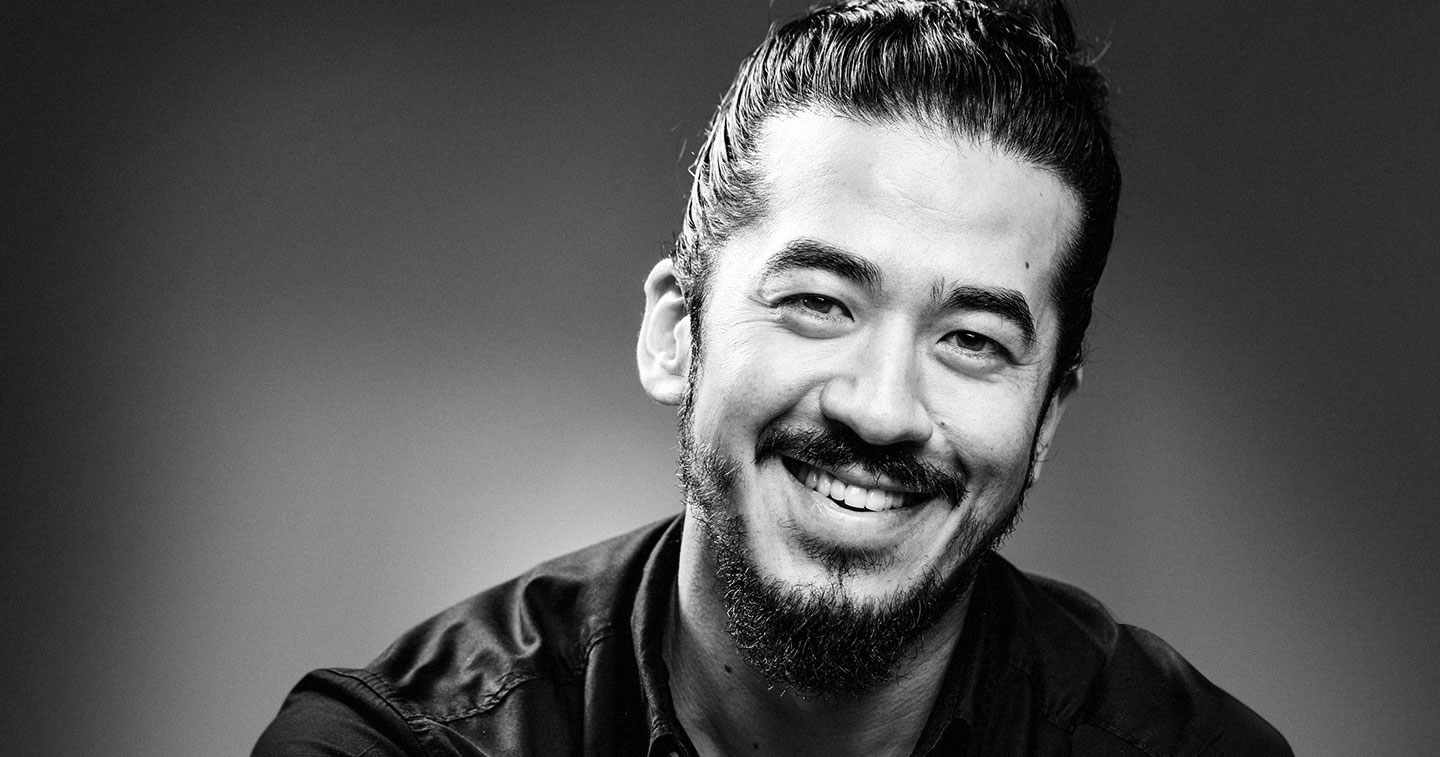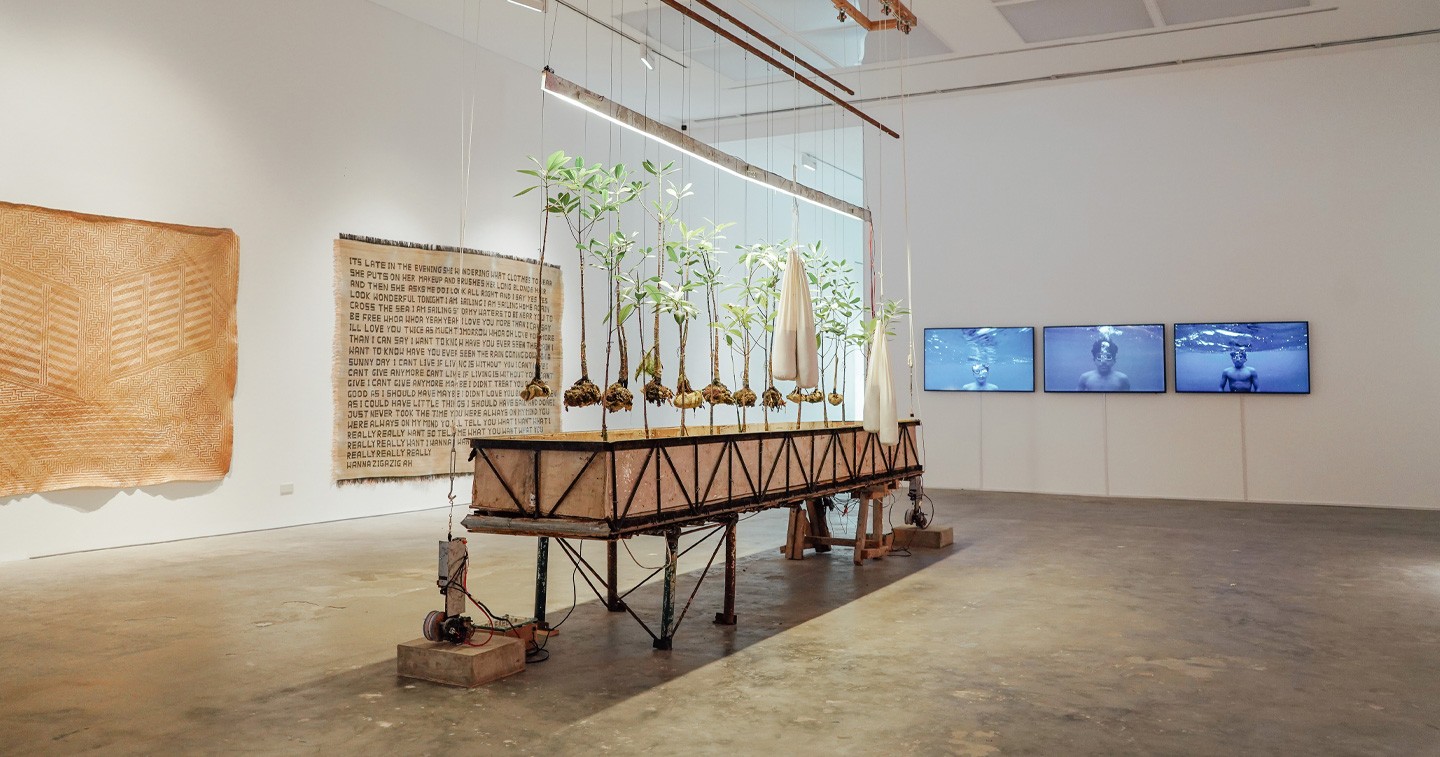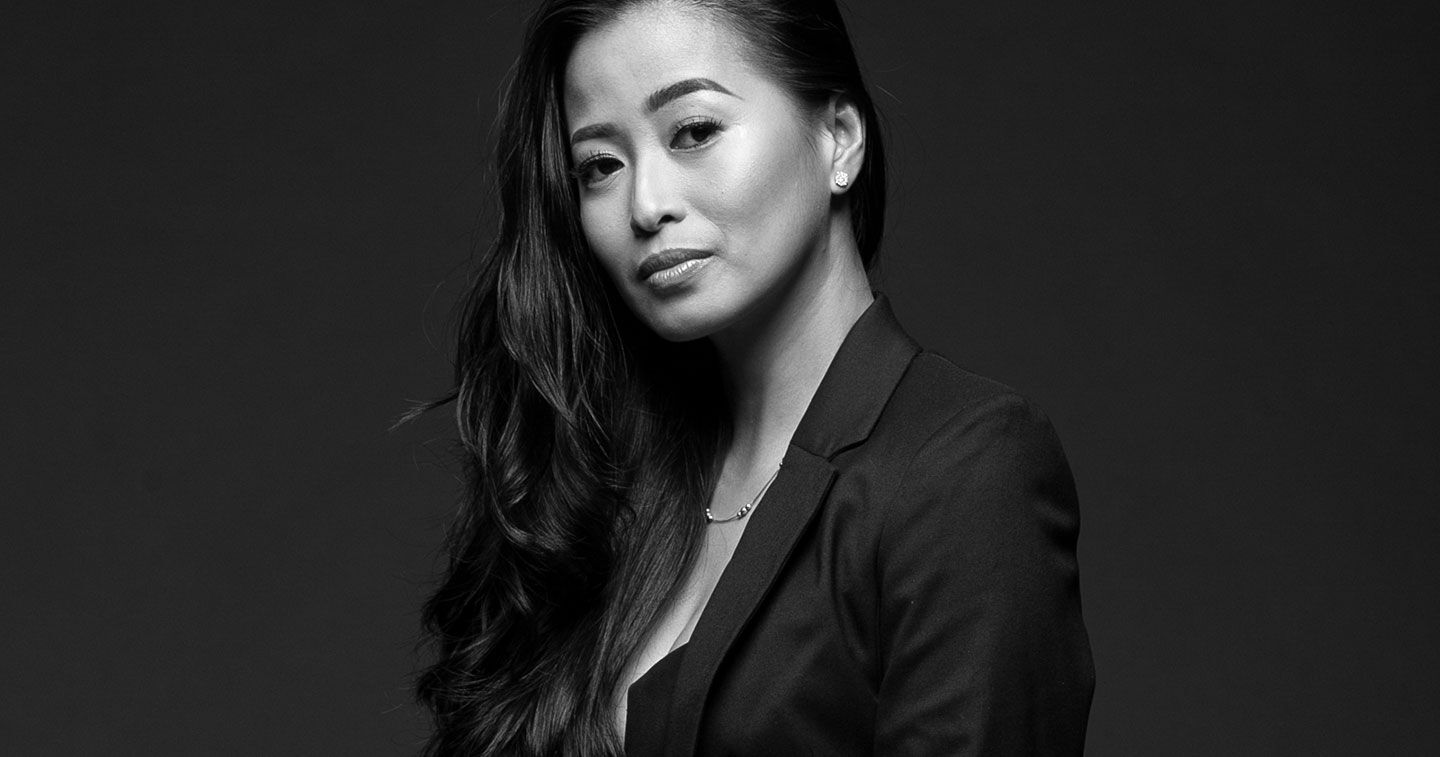Words by Hannah de Vera
Photo by Abby Magsanoc
Model: Nicole Valencia
It is a narrative any woman can add her own input to; a universal misfortune that a mother, a daughter, a cousin—a human being—can vouch their own experience. It starts with a look; eerie gazes are set on a target, then, in an instant, adrenaline is rushed from the brain to the pads of our feet. Something as simple as, “Smile!” to something more horrific as, “Sexy ni babe, ah!” It can be a whistle, an unwanted comment, or a gesture, it’s still enough to make any woman’s palm sweat, eyes widen in fear, and force them to clutch their bag closer to their chest and timidly walk away, hoping to escape men hollering at her whenever she crosses a busy street.
Catcalling has become a norm in our society, one that women are expected to accept and adapt to. Living in a big city, sexual harassment becomes the background noise that is ever-present in women’s lives. Most of the time, it’s a comment, about what they’re wearing to something as mundane as the inability to smile. Other times, it escalates to flashing male genitalia at our person or being followed down the road. These “compliments” are imposed upon our person without our consent in a public place where we are expected to receive it with much gusto, and when we fail to do so, we are dismissed as if is a crime to feel anything less than grateful when a man goes out of his way to tell a woman what he thinks of her legs.
Street harassment is our everyday reality. In a report from the Social Weather Stations (SWS), in Quezon City alone, three in five women were sexually harassed at least once in their lifetime. 34% of their respondents have even claimed to experience groping, flashing, and public masturbation. In the same survey, only one in two women have done nothing after being harassed. This is just one among the 122 cities residing in the Philippines; there is no saying just how much it would upsurge once all cities are engaging in the dialogue. This is not to say men were never victims of harassment, regardless, it is still a phenomenon that can disproportionately affect women. Luckily, there are various factions of society that do their part in creating a safer space for women.
United Nations Women (UN Women), in particular, launched the “Safe Cities Global Initiative,” a flagship program that aims to eliminate sexual violence and harassment against women and girls in public venues. On a national level, we do have several legislations that are against it, such as the Anti-Sexual Harassment Act of 1995 and Republic Act of 9710, otherwise known as the Magna Carta for Women. Quezon City, for instance, has recently taken action to include a provision specifically for sexual harassment and its penalties depending on the gravity of the offence. Senator Risa Hontiveros has filed a bill, one entitled, “An Act Defining Gender-Based Street and Public Spaces Harassment,” a call to prevent and penalize all forms of sexual harassment no matter what the venue may be, and the “Tres Marias Bill,” to serve as the online counterpart. This, unfortunately, doesn’t change the fact that many women are still being harassed on a daily basis—even more so online—and though several
posts of women sharing their harrowing experiences go viral, it is still not enough to fully suppress catcalling.
In the digital sphere, the champion for women’s rights in the Philippines is a straight man. Raymond Peter Campiglio started the Facebook page, “Catcalled in the Philippines,” on June 2016 to act as a venue for people to report cases of sexual harassment. “On a good day, [the amount of messages I get] are within 10 to 15, the age range is between 11 to women in their 60s,” he said, “A lot of them are people who don’t just want to be put out there. They just want to talk to someone.” From its natal stage, it now boasts over 20,000 likes, not including the previous followers from the deletion of its page. Throughout the page’s history, Campiglio has received many death threats from fellow males, “[They labeled me] as a traitor to my gender. They ask: why are you doing that?” he shares, “They feel like since I have feminist ideals, I turned my back on being a straight male—I don’t even know what that means! They think I’ve betrayed them. They say, ‘You’re straight, how could you be like this?’”
Notwithstanding the death threats, Campiglio answers each and every message given to him, sometimes acting as a counselor, other times referring them to lawyers who would love to their cases pro-bono. It has become a daily routine, but no less tiring as these women continue to find solace in sharing their stories with the page. One case that stood out was what went viral a few years back, where a page called R-Breezy was allegedly promoting rape culture among its followers. “I never contacted my friends in media about the stories I encounter,” he admits, “But this one for some reason got me.” It was shared no less in a few days by Cosmo.ph and Rappler, however, this caused his page to be deleted from Facebook. “I found out through other friends that the R-Breezy people and other groups that support R-Breezy sent a mass message to their fans to report [my page] for no apparent reason.”
With petty vengeance, internet trolls have also created a fake Facebook page, one that looks like Catcalled in the Philippines, to get girls to give their stories and use them as blackmail. “I got a report today that some girls are being blackmailed to send pictures, if you know what kind of pictures I’m referring to.” As a proud feminist, it boggles his mind whenever men continue to go through great lengths in order to keep the abuse of women alive in our culture. From reading many cases, Campiglio surmises that many women are conditioned to think that catcalling is appreciation. “Honestly, when I hear stuff like that, I wonder, am I really part of that? Am I not a guy if I don’t understand?”
“With me, I always tell them to keep doing what they’re doing—just keep telling everyone that this happens. Say it every single day, eventually; it’s going to start drilling in the heads of people that it does happen a lot,” he advices young women who are going through this difficult predicament, “Don’t be afraid, and if you are, there are people who are willing to speak on your behalf.”
This article was published in the adobo magazine Gender 2017 issue.








